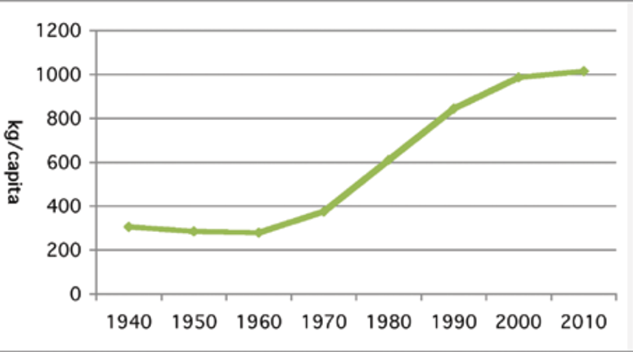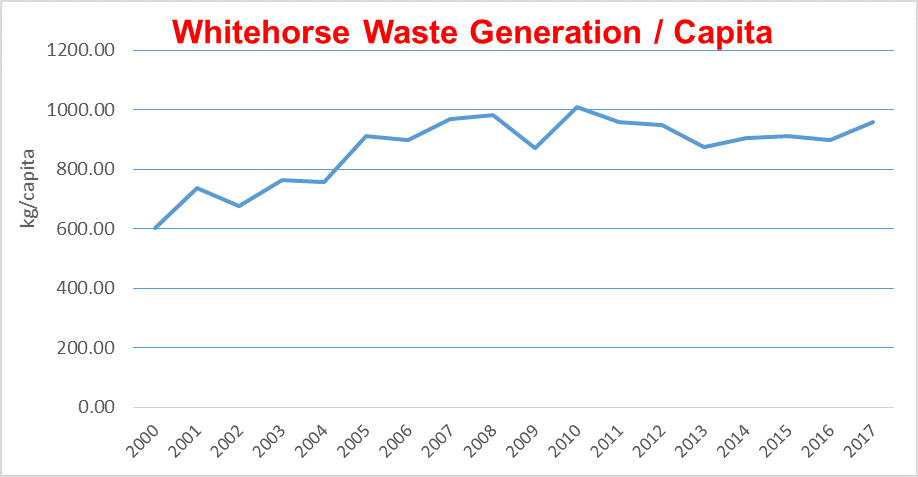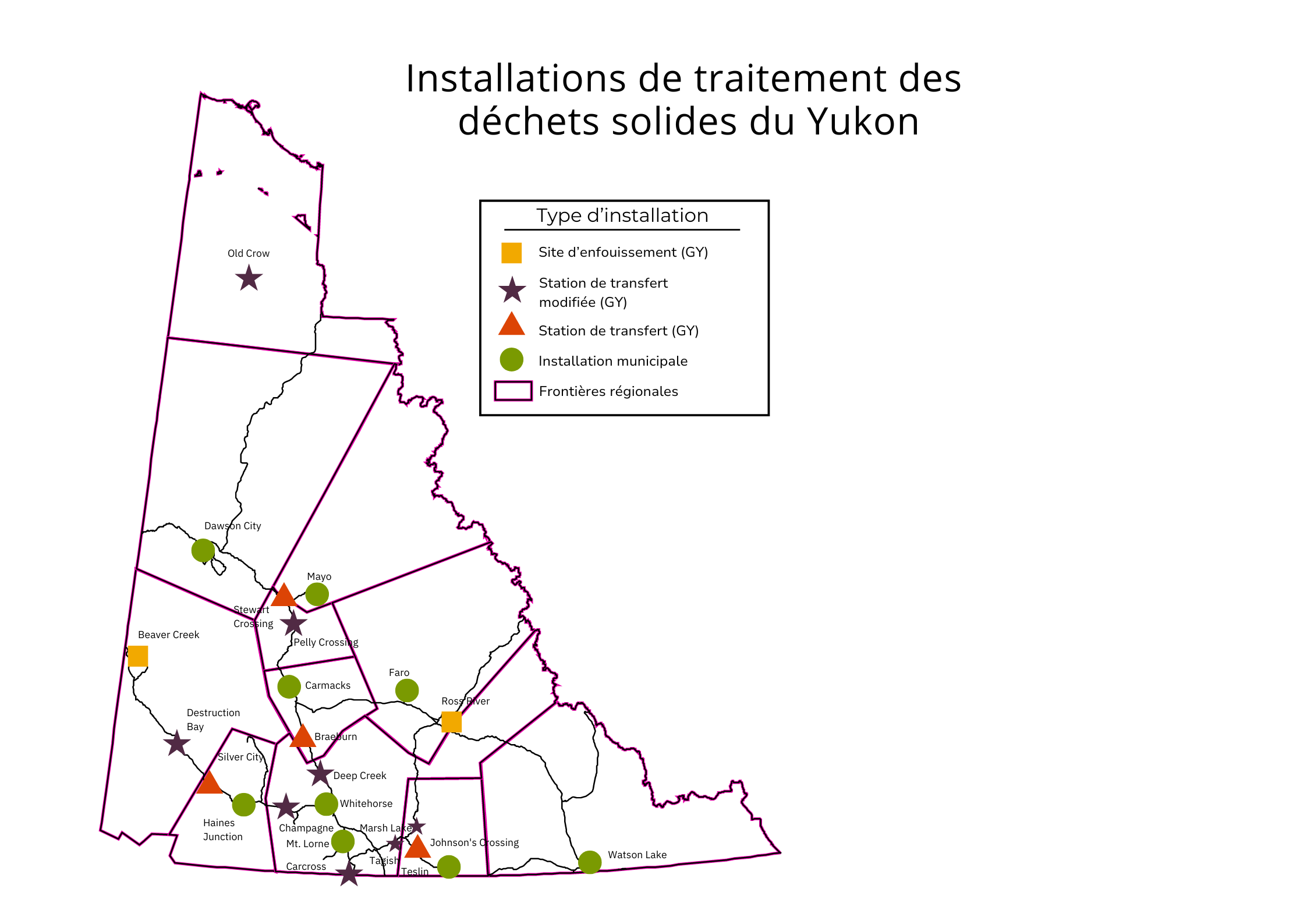This engagement is now closed.
It ran from 2023-08-29 to 2023-09-13.
Check below for where to find results.
We'll compile a summary of all the feedback received into a What We Heard report that will be available after the engagement closes.
We're working towards a sustainable solid waste management system for the Yukon.
- modernizing facilities across the Yukon to reduce operational and environmental risks;
- investing in regional agreements with our municipal partners; and
- investing in upgrades to the facilities.
Upcoming changes
Specifically, we're looking to create household waste disposal options that are:
- more cost-effective;
- safer for the environment; and
- align with industry best-practices.
Engagement
We'd like to engage with affected residents on how to address potential concerns.
Background
A ministerial committee on solid waste in 2018 made recommendations for actions to modernize waste management practices in the Territory. Recommendations included regionalization of landfills and adopting a user-pay model that involves standardized tipping fees, and ensuring all facilities are gated and staffed.
National waste generation per capita over time

Waste generation per capita in Whitehorse

Current Sites:

Beaver Creek; Destruction Bay; Silver City; Haines Junction; Champagne; Mt Lorne; Carcross; Tagish; Johnson’s Crossing; Watson Lake; Marsh Lake; Whitehorse; Deep Creek; Braeburn; Carmacks; Faro; Ross River; Pelly Crossing; Stewart Crossing; Mayo; Dawson City; Old Crow
How residents will dispose of waste
We encourage residents to dispose of their household waste at their nearest facility.
We understand that these changes may be challenging. We'd like to explore options during engagement to ease the transition.
The result will be a more efficient and sustainable future for waste disposal.
The goal of this engagement is to listen to your input and work toward solutions if there are concerns. At the end of the engagement, a What We Heard Report will outline the results of the engagement.
- Yukon regional waste management map
- Ministerial Committee on solid waste report (2018)
- Solid Waste Working Group Report (2013)
- AYC Solid Waste Strategy (2016)
- EBA – Comprehensive Study on Solid Waste Study (2009)
- Solid Waste Strategy (2001)
- Government of Canada document on Solid waste management for northern and remote communities (2017)
- Our Clean Future (see p.61 for action items I12, I13, I14)
- Keno handout for Mayo facility